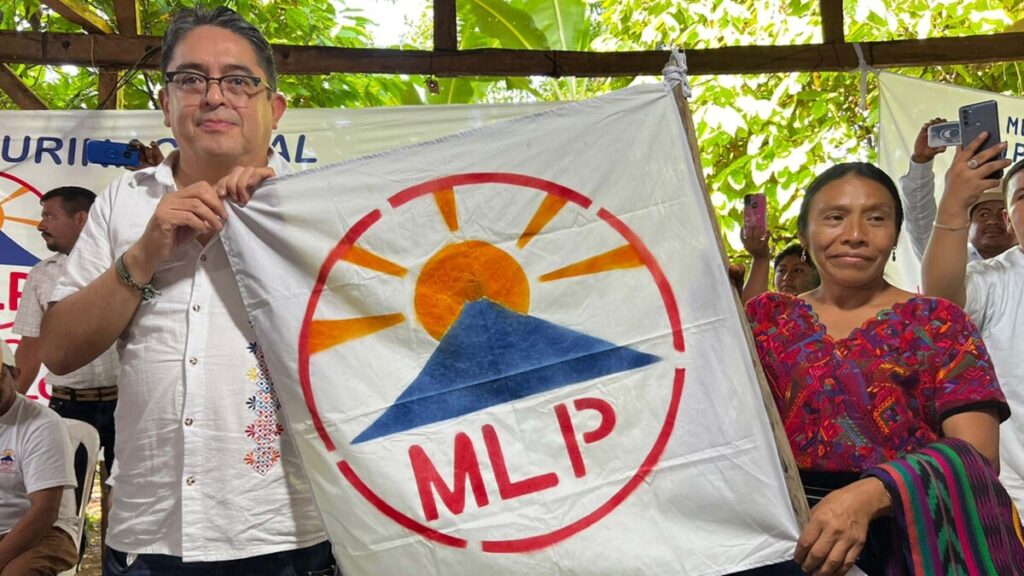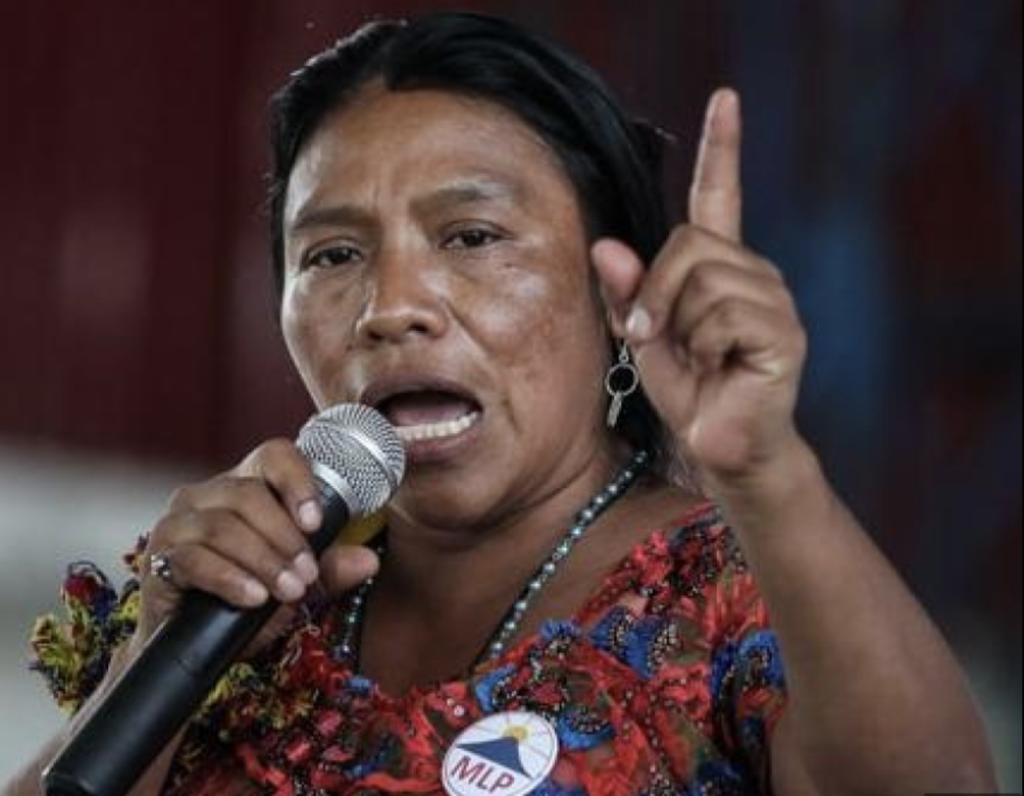

Thelma Cabrera
Cabrera gained national and international attention when she ran as the first indigenous woman presidential candidate in Guatemala’s 2019 elections. Her candidacy was seen as a historic moment for indigenous peoples in Guatemala and Latin America as a whole. Although she did not win the presidency (she won 10.3% of the popular vote), her campaign helped to raise awareness of indigenous issues and the importance of indigenous representation in politics. Cabrera’s work and activism have focused on challenging the historical discrimination and exclusion faced by indigenous communities in Guatemala. She has also been a vocal opponent of extractive industries that have threatened indigenous lands and the environment. Overall, Thelma Cabrera is an important figure in Guatemala’s indigenous rights movement and a symbol of hope for indigenous communities seeking to assert their rights and achieve greater representation in politics.
Thelma Cabrera was not allowed to run for the presidency in Guatemala in 2023 due to a decision by the country’s electoral court (TSE). The court ruled that Cabrera did not meet the requirement of “knowing how to read and write” in Spanish, which is a constitutional requirement to run for president in Guatemala. Cabrera, an indigenous Maya Mam leader, argued that the requirement was discriminatory and exclusionary against indigenous peoples who may not have had access to formal education.
Critics of the decision argue that it is part of a larger pattern of discrimination against indigenous peoples in Guatemala, who have historically faced marginalization and exclusion from political power. Cabrera had gained widespread support among indigenous communities for her advocacy for land rights and environmental protection, and her exclusion from the race was seen as a blow to those movements. Some have also pointed to the role of economic and political elites in perpetuating discrimination and blocking the rise of progressive, anti-establishment candidates like Cabrera.